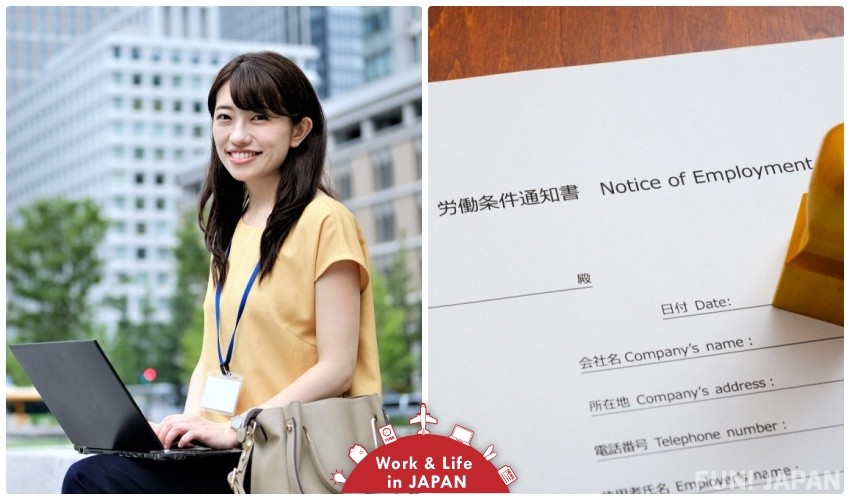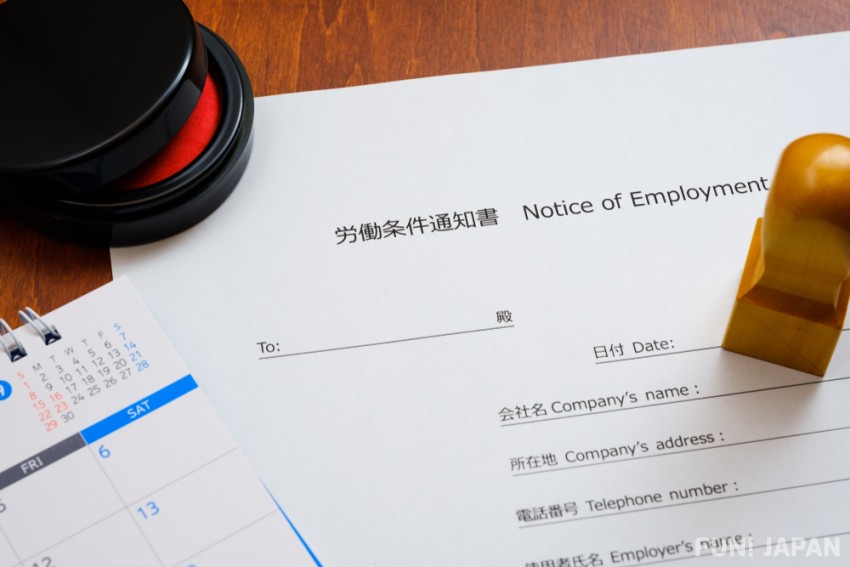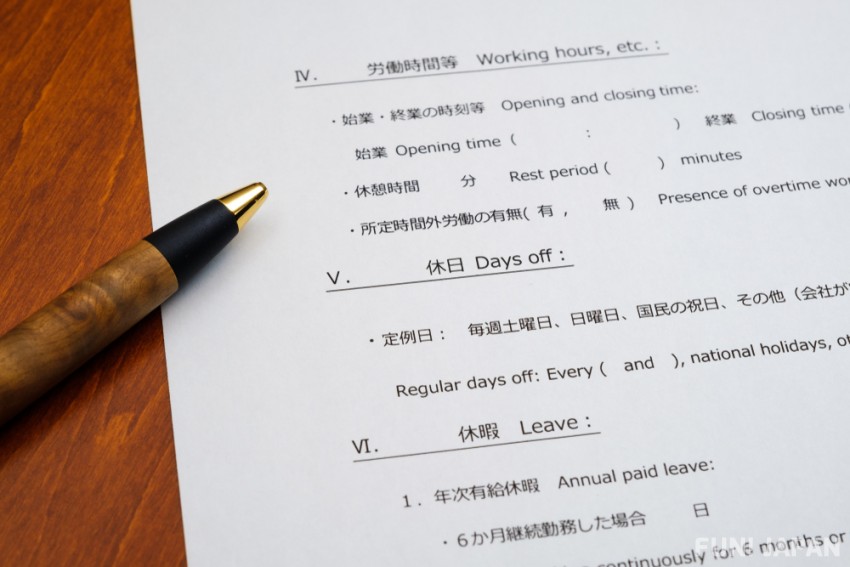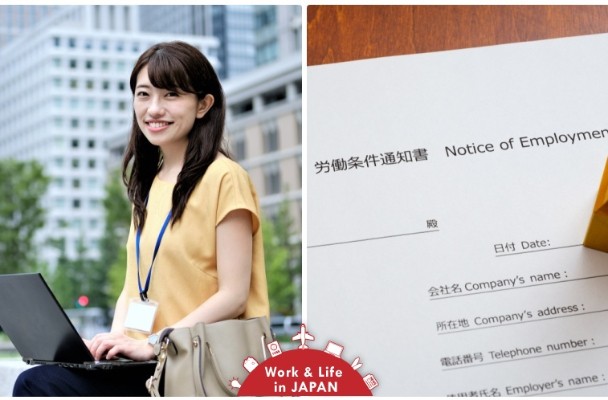
You often see scenes in Japanese drama of people "Working until the final train is just about to leave" and "if it's for my company, I'll do anything!". But, if you work at a Japanese company, is this actually what you would experience? What exactly is the style of work that you hope for? Employment that has stability and security, a workplace that allows you to have your own free time as well, there many different types of people in the world, all of whom want different things from their employment and workplaces.
In addition, both these wants and needs as well as the laws surrounding labor change based on each individual country. If you're someone who wants to work abroad, you should ensure you have checked the country's laws and employment system prior, and only after understanding it, attempting to work there, this should prevent a lot of potential issues that may arise. In this article, we would like to explain Japan's employment system. Read below, and maybe compare it to your own country's employment system to see what's different!
Japan's Employment History

In the past, within Japan's society it was normal that once you became a full-time employee at a company you would work there for your entire life. However, after the economic bubble burst, business conditions worsened meaning companies had to save expenses, leading to the eventual creation of contracts such as "Fixed-term contracts" and "Contracted employee" etc. These types of irregular employment grew due to the companies having very little risk when discharging members of staff. Furthermore, through the revision of the temporary staffing services law, certain businesses became free to hire "temporary employees" further increasing the number of irregular workers. Currently, temporary work is very common.
Let's Learn the Employment System Types

"Employment system" simply refers to the type of contract the organization has with the employee. The most common types of these contracts include full time worker, contracted employee, and dispatched employee. Within these, there are two separate areas being "Regular Employee" and "Irregular Employee".
Regular Employee

Generally, a "Regular Employee" is referred to as a "Full-time Employee", and there is no limit to their contract, they have a fixed duty and working hours that they must adhere to and fulfill. These employees are being directly hired by the respective organization.
Contract Employee, Part-time Employee

"Contracted / Part-time Employees" have a set period when they perform their work. In regards to the content of their work, these people typically have some form of expertise within irregular employees. A lot of people within these contracts work the same hours and styles as full-time employees. Additionally, part-time employee cases are typically seen within people who have been reemployed after leaving a company once prior. These contracts typically don't include any kind of bonuses. This type of work is quite dangerous in that there is a high risk of being let go, as well as many more demerits.
※Through a revision of the labor contract act, in the event that a part-time contract is renewed for over 5 years, the employee can request to be changed to an indefinite contract.
Dispatched Employee (Agency)

A "Dispatched Employee" is an employee that performs work but is not directly employed by the respective company, but is deployed by an employment agency through a contract, and is asked to perform work for the respective company. The conditions for work, pay, and time depend on the individual employment agency, and even if you brought together two dispatched employees, if their employment agency is different, then their conditions for work are also most likely different.
Let's Choose a Work Style that Suits You

Japan is a completely different world when looked at from foreign workers. Not just the language, but the culture as well. To ensure you can work in Japan without issues, It is very important to understand and properly confirm not only the company itself, but the employment style you prefer, the merits and demerits, and other information. Make sure to choose a work-style that suits you the best based on all of this information.
Related Articles
- 【Work & Life in Japan Vol.1】The figures of foreigners whose presence in Japanese society is increasing
- 【Work & Life in Japan Vol.2】Do you want to live in Japan? This is How to Stay in Japan for a Long Time!
- 【Work & Life in Japan Vol. 3】Published graphs of changes in the number of foreign workers in Japan!
- 【Work & Life in Japan Vol.4】Hey! What piqued your interest in Japan?
- 【Work & Life in Japan Vol.5】A Thorough Explanation & Outline of the Types of Residency for Foreigners Working in Japan
- 【Work & Life in Japan Vol.6】I Chose Japan as my First Ever Workplace

Comments